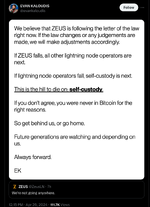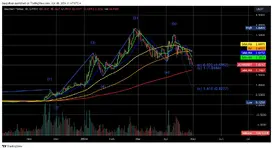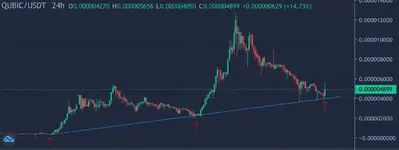Bitcoin transaction fees are paid to "miners."
Mining is basically is running cryptographic formulas trillions of times per second, in hopes that they’ll be the first to produce a value that falls within a narrow mathematical range. The more calculations you can do, the more chances that you will be the first to find the solution and have the right to mine the "block", process the waiting transactions, collect the transaction fee for those transactions, and also the block "subisdy".
The block subsidy was created to ensure security for the network, before the network got big enough to pay for security with transaction fees alone. Securing the timechain (making it impossible for anyone who hasn't done the proof of work to change) costs money...that is the only thing that can provide security. Gold mining is expensive in terms of energy required (men, equipment, ore processing, etc.) If gold mining were extremely cheap, we would mine gold so fast that it would be a bad money. It would inflate as fast as Zimbabwe fiat currency if people could dig with shovels in their backyards for as much gold as they wanted.
If the monetary value of Bitcoin were $0, there would also be no security. There would be no incentive to protect the integrity of the timechain data with millions of expensive computers that can only do one thing, mine bitcoin.
The subsidy is paid with new Bitcoin that haven't come into existence yet. In the next 100 years, there are about 1 million new Bitcoin that will be paid to miners, and after about 2140, miners will only receive transaction fees to secure the network, and no new Bitcoin will be mined.
Every 4 years the subsidy is reduced by half. Last week it was reduced from 6.25 BTC to 3.125 BTC to mine 1 block (~10 min). 4 years ago the subsidy was 12.5 BTC per block.
However...that BTC is also more valuable. So in the short term, miners are receiving less money to secure the network (those with high electric costs are forced to shut down). But historically, the price of bitcoin more than offsets this. For example, 8 years ago mining 1 block would produce ~$10k in subsidy and fees (for 12.5 BTC). 4 years ago it was ~$150k per block. Last week, before the halving, it was ~$500k per block. After the halving it dropped in half, to ~$200k per block, but historically, when the price of bitcoin goes up again, the mining rewards will exceed $1M per block less than 12 months from now.
Why is all this important:
Security has to cost something, or it isn't security. Bitcoin inflation (for the next century) and transaction fees pay for that security. What does it pay for? The largest, most powerful computer network in the world. Which means no person/company/nation can overcome the sheer amount of computational power and electricity required to control it. Imagine if the USA wanted to hold the world hostage by building huge water pumps to drain all the water out of the oceans....its practically impossible, and self defeating anyway.





